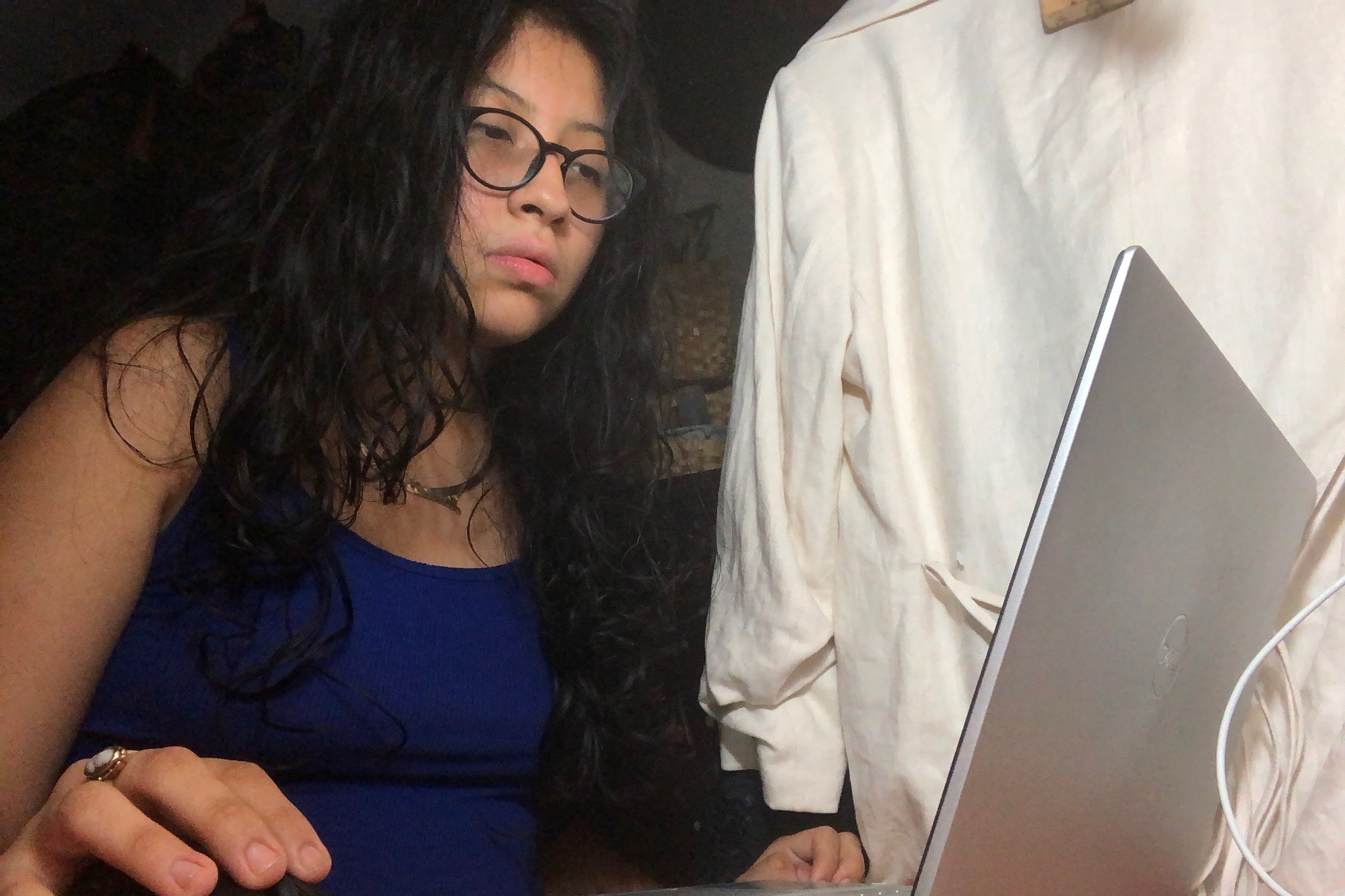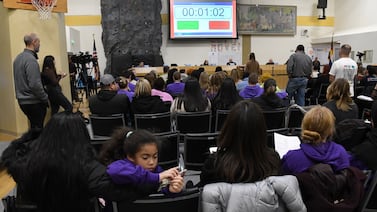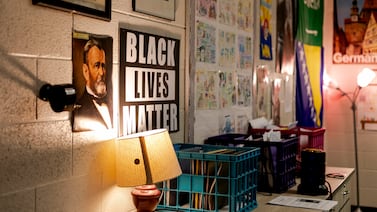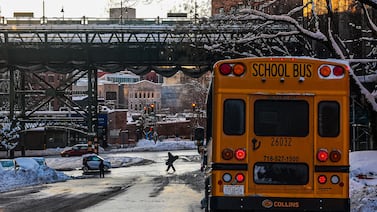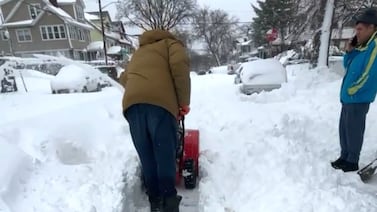The city’s new plan to address student trauma does not go far enough to ensure those in crisis will find the help they need, two advocacy organizations say. These groups, Advocates for Children and Girls for Gender Equity, are also calling on the education department to halt punitive school discipline policies this fall.
“While we commend the DOE for including a commitment to trauma-informed care, social-emotional learning, and mental health support … the DOE’s plan falls short on specificity,” the groups wrote in a seven-page letter sent Friday to Mayor Bill de Blasio and schools Chancellor Richard Carranza. “It does not specify the supports and services that students, families, and schools will be able to access and how they can be accessed.”
The education department believes many students will return to school buildings or log onto Zoom carrying trauma from the spring, after months of isolation and having lost relatives or family income to the coronavirus. That led city officials to raise $1.9 million in private donations to train teachers on trauma-informed instruction ahead of a school year. Education officials also created the “Bridge to School” curriculum focused on helping students cope with grief when the school year starts. Advocates want this voluntary training and curriculum to be mandatory. They are also asking officials to ensure that social workers, counselors, and other mental health professionals who work in central or borough-based offices are available to help those in crisis, so that teachers don’t resort to calling law enforcement.
“From schools we spoke to, a lot of them didn’t even know these clinicians existed and how they could tap into these clinicians if necessary,” Dawn Yuster, director of the School Justice Project at Advocates for Children, said in an interview. “I think what would be optimal is that it is very clear going into next year who each school should contact when students need more mental health services, when schools staff need more help supporting students.”
The organizations behind the letter want the city to reinstate any students who have pending suspensions and to halt new suspensions for infractions that aren’t “seriously dangerous or violent behavior,” such as bringing a weapon to school. Other advocates are calling on the state education department to ban suspensions for all K-12 students in New York, the Albany Times-Union reported Monday.
Instead, advocates say, schools should be using restorative practices to solve conflicts and address behavior problems. City officials have worked to expand and train teachers in so-called restorative practices, such as peer mediation, so a moratorium on suspensions shouldn’t be hard to implement, Yuster said. Those efforts have earned mixed reviews from educators, including the principals union, which contends that discipline reforms have led students to believe there are no consequences for their actions. Suspensions dropped by 20% during the first half of the 2019-2020 school year.
“Let’s figure out other ways to do it because if a student is engaging in certain behavior, they are communicating something, and we need to listen to those students — they have been through enough,” Yuster said.
Additionally, advocates don’t want teachers to adopt policies that discourage students from participating in remote lessons. They heard stories of teachers muting students who speak “out of turn” or requiring students keep their camera on.
Jessica Yauri, a 2020 graduate of the Young Women’s Leadership Academy in Brooklyn, said one teacher at her school required them to keep their cameras on, even though some students had privacy concerns and others were listening to Zoom calls while working. It was only after Yauri and her classmates raised concerns that the policy was reversed.
“I didn’t feel comfortable with my teacher or my other classmates that I didn’t have a close relationship to see where I was sleeping,” Yauri, who is a part of Girls for Gender Equity, said.
Department officials are planning to review the letter. Nathaniel Styer, a spokesperson for the education department, pointed to the “Bridge to School” grief curriculum and training as a way to help prepare educators and turn classrooms into “places of healing.”
“Our priority this fall is the health of our students – including mental health, and for years this administration has invested in restorative approaches to school culture and climate,” Styer wrote in a statement.
Read the full letter here.

